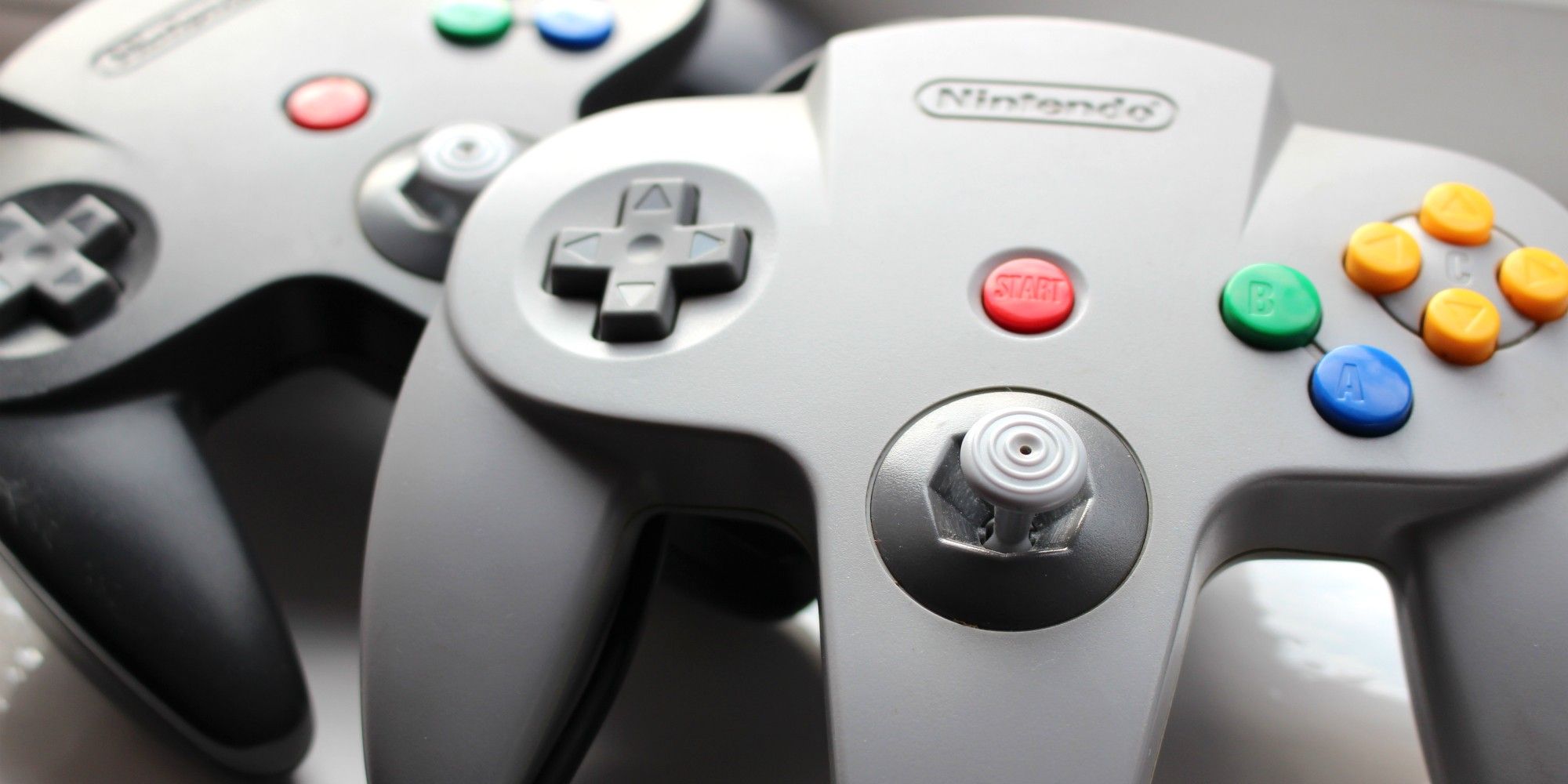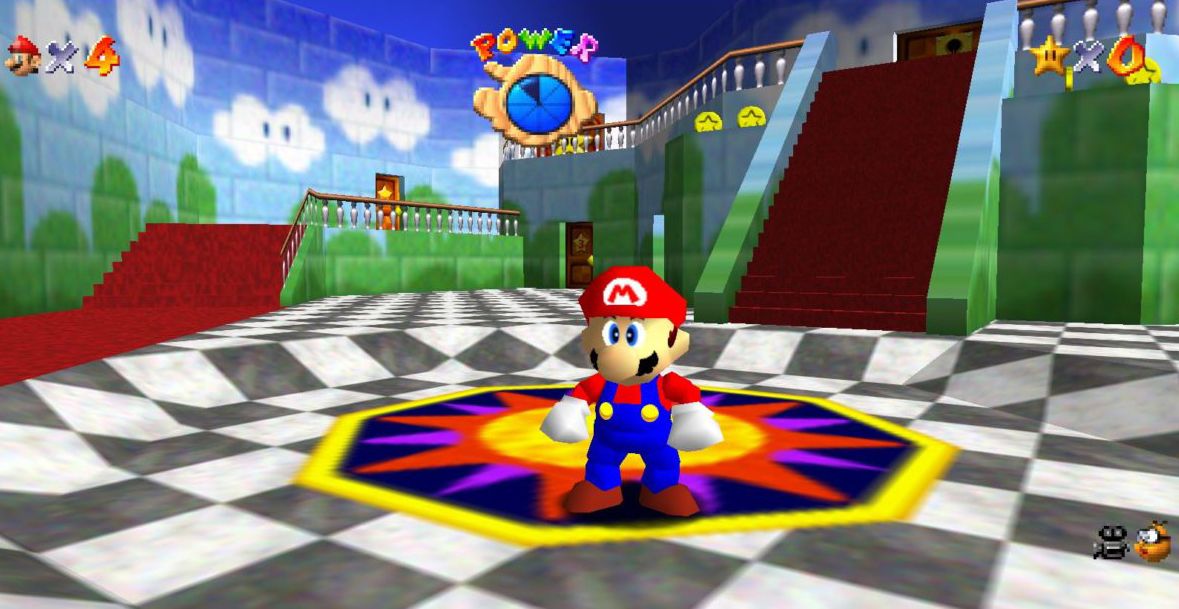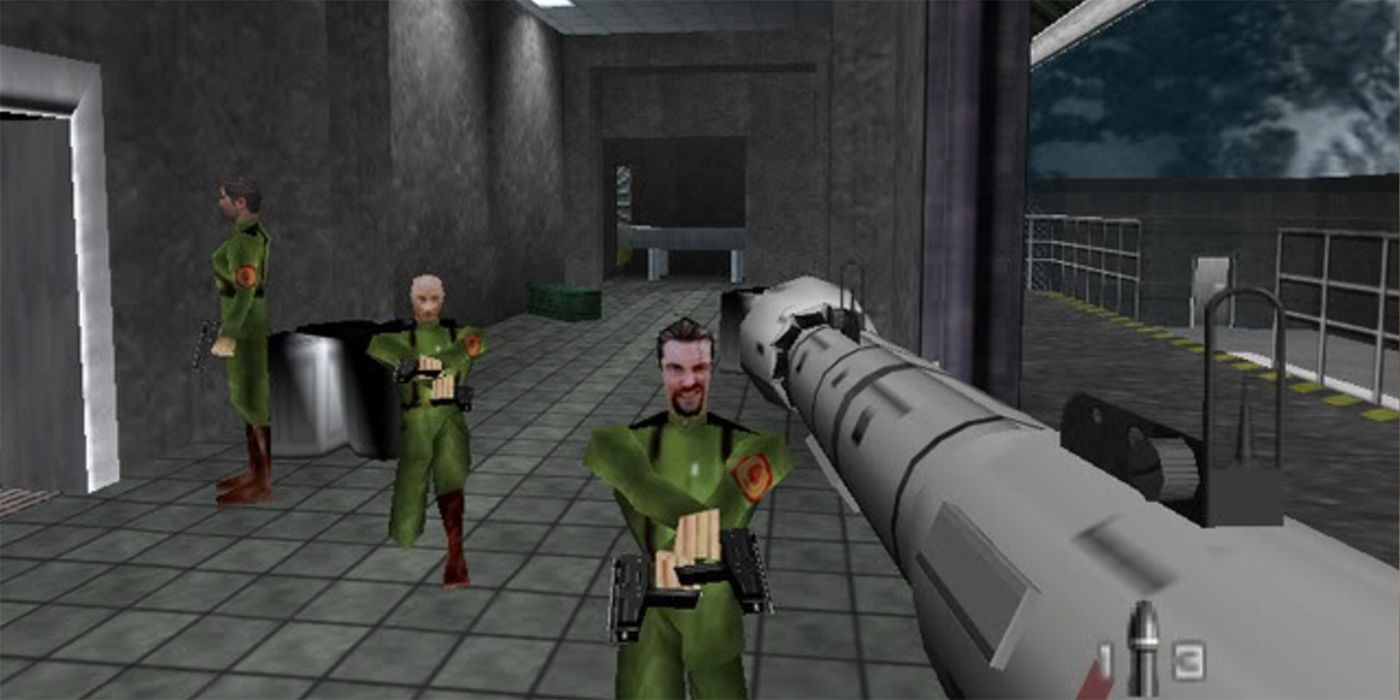This year marks plenty of anniversaries for Nintendo's major video game franchises, from Donkey Kong and The Legend of Zelda to Metroid and Animal Crossing, but also several of the company's popular consoles. Among the most prominent of the home console anniversaries is the Nintendo 64, with this year marking the console's 25th anniversary. The N64 was first released in Japan in June 1996 before launching in North America in September. The console signaled a significant technological leap for Nintendo while also putting the company at a crossroads as the console wars escalated.
While Nintendo continued to enjoy its place as the frontrunner in the video game industry, it faced mounting competition from Sega and Sony, with the latter entering the consoles wars with the PlayStation and Sega releasing the Saturn. In the face of more technologically-advanced hardware than the SNES, Nintendo began developing a 64-bit console utilizing a CPU designed by Silicon Graphics, Inc. Unexpected complications with developing both the hardware and software for the Nintendo 64 resulted in it being launched in 1996 instead of the intended 1995 holiday season.
While the Nintendo 64 initially launched in the United States with only two titles (Super Mario 64 and Pilotwings 64) due to development delays, one thing that immediately impressed critics and gamers was the N64's technical advancements. Now starring in a full-fledged 3D platformer with intuitive controls and a more immersive gameplay experience, Mario had officially made the jump to the next generation of gaming. Nintendo would follow up on Super Mario 64's success by further showcasing the N64's possibilities in 3D titles like Mario Kart 64, The Legend of Zelda: Ocarina of Time -- and its sequel Majora's Mask -- and Starfox 64, among other acclaimed first-party exclusives.
The other feature that quickly became a hallmark of the N64 was its seamless incorporation of local multiplayer. While the SNES eventually received the multitap peripheral to allow more than two simultaneous players, the N64 had four built-in controller ports. Nintendo saw the console's technical performance relatively unaffected by having up to four players in split-screen multiplayer and incorporated the additional controller functionality. This led to the N64 being seen as something of a "party console," with titles like Mario Kart 64, the original Super Smash Bros. and the initial Mario Party trilogy being among the most popular games on the console.
The other lasting legacy that truly began with the N64 was the widespread success of console-based first-person shooters. While first-person shooters were nothing new, the genre was still largely associated with PC. That all changed with the release of GoldenEye 007 for the N64 in 1997 and its spiritual successor Perfect Dark in 2000, with the groundbreaking games heralding the genre's irrevocable shift to home consoles, a place where it has only gained momentum since then.
However, while the Nintendo 64 marked a huge leap for Nintendo technologically, it also marked a step back for the company in regards to its dominance of the video game industry. The delayed hardware launch gave the PlayStation a head start in the market that the N64 never quite caught up with commercially. Third-party developers' continued complications developing for the hardware led to additional delays in software availability and a bevy of subpar third-party developed games. And while Nintendo insisted on using game cartridges instead of compact discs to decrease loading times, the strategy meant that N64 games regularly retailed at a higher price than its competitors.
The Nintendo 64 is a landmark moment in video game history, perfecting the translation to 3D gameplay across a variety of games and genres, including the unequivocal success of multiplayer titles and first-person shooters. However, this came at the cost of Nintendo losing its position at the commercial forefront of the industry and would inform the company as they began active development on the N64's eventual successor: the GameCube.



